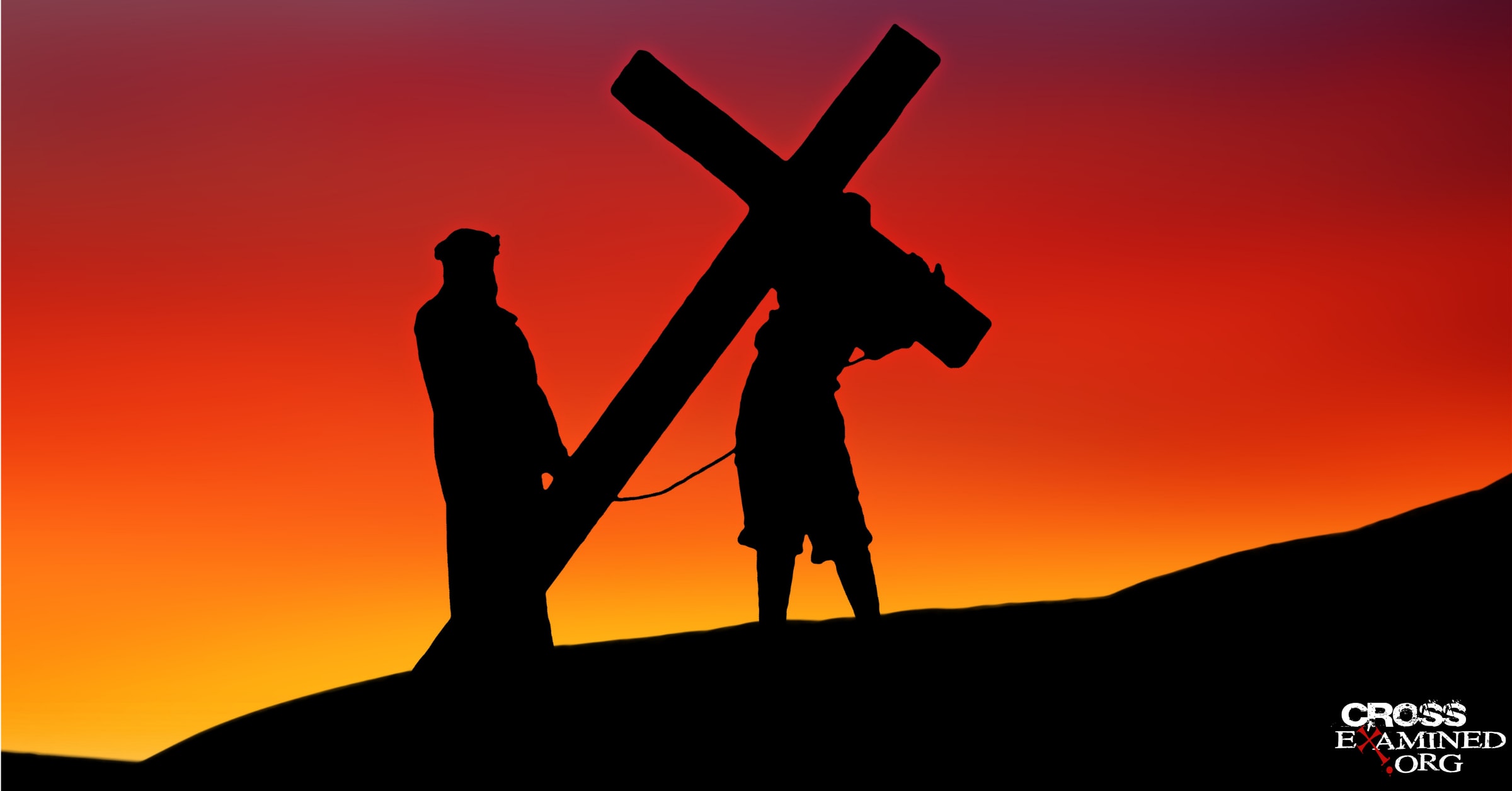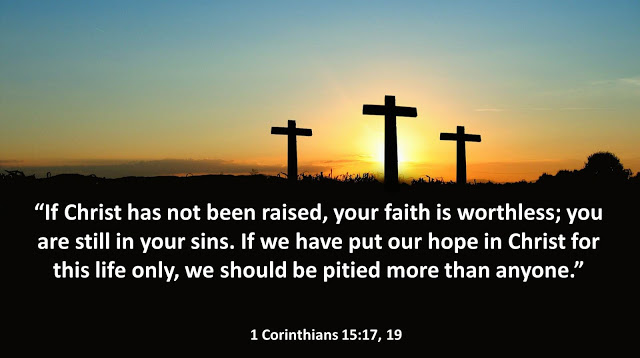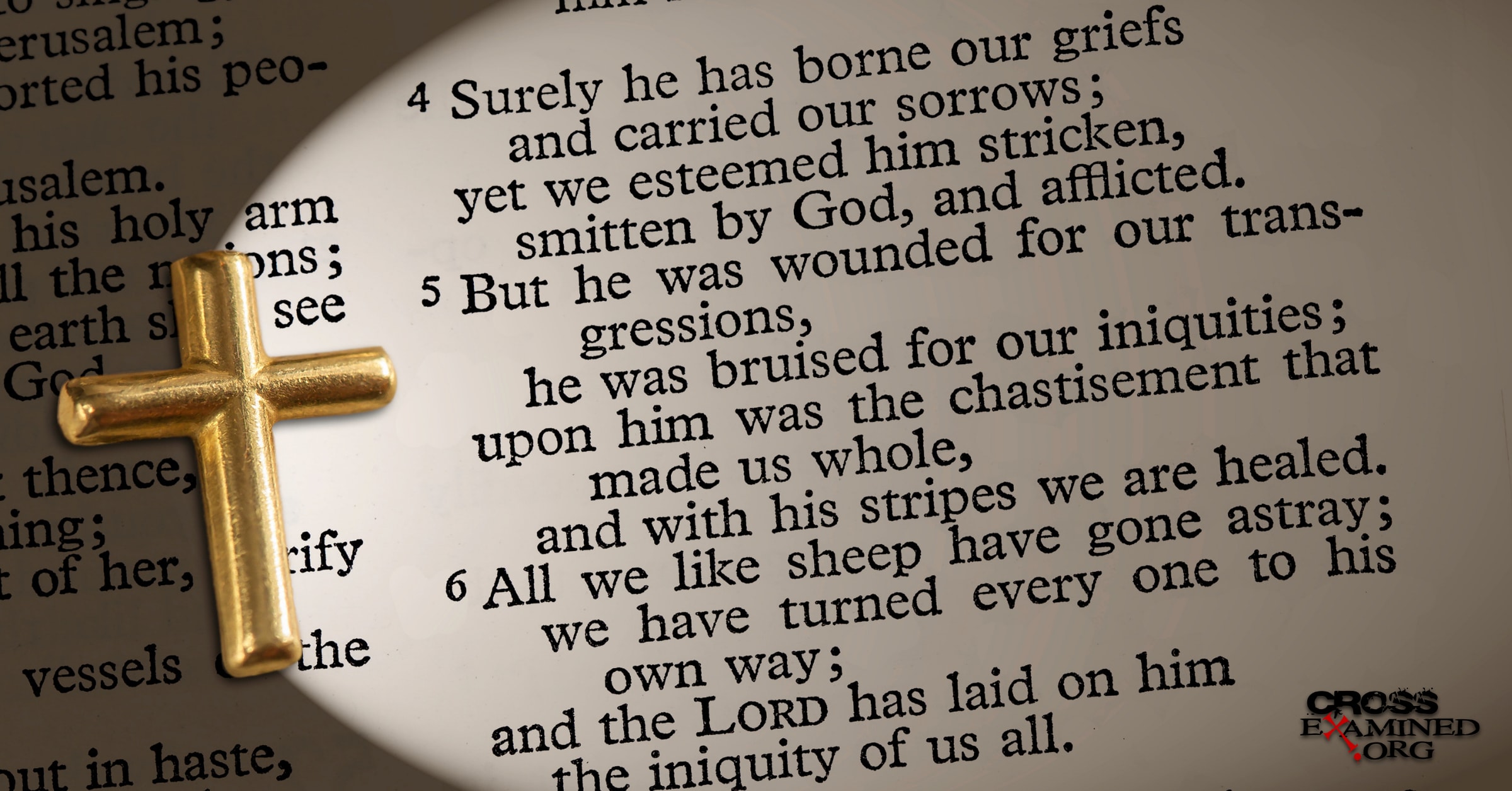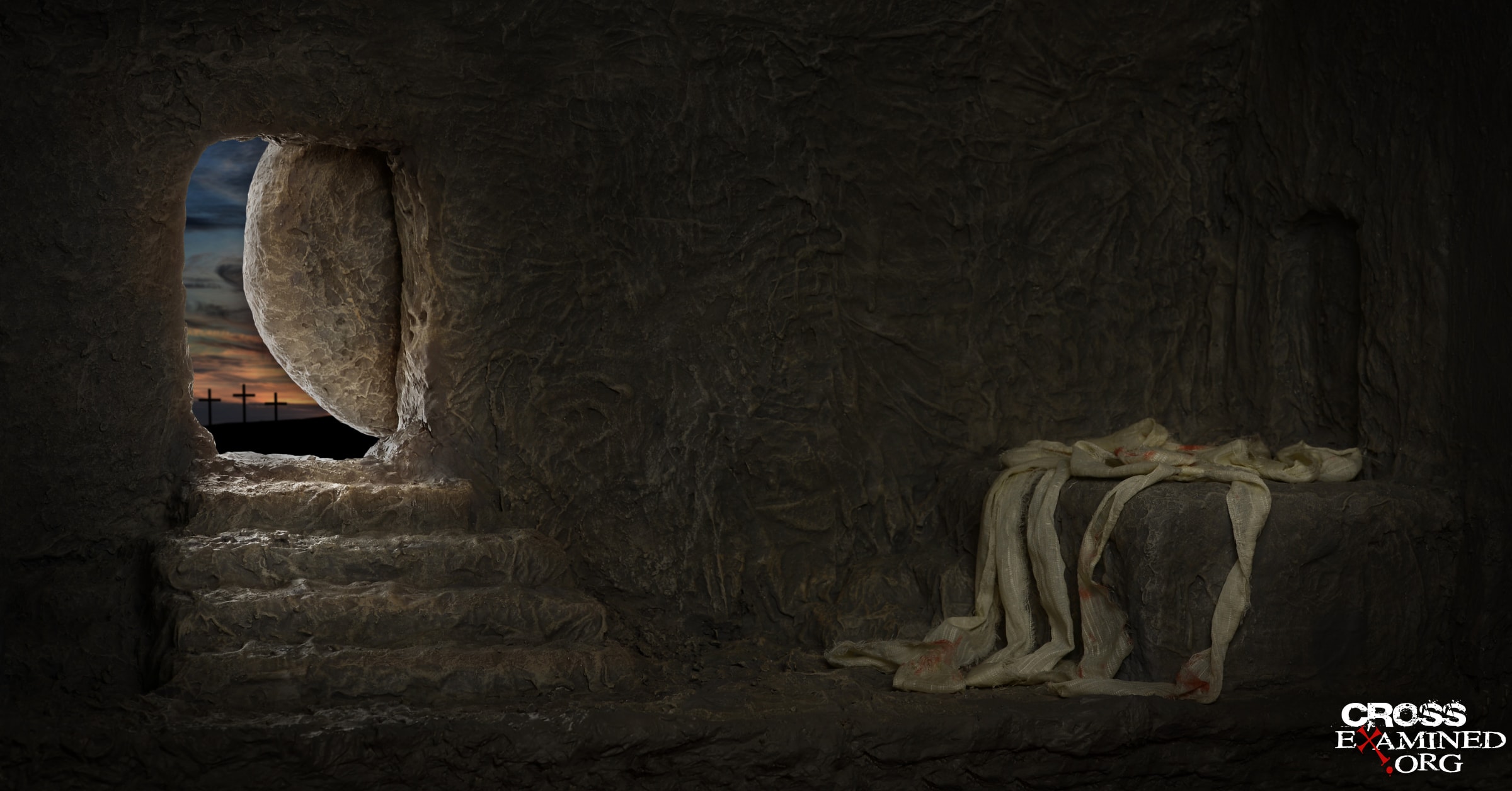It’s not uncommon to hear those in the non-Reformed tradition make the claim that Reformed belief necessarily makes God blameworthy for evil. After all, if God has sovereignly decreed everything whatsoever to come to pass — including evil — how is he not morally culpable for it? It’s certainly a good question, but as I’ll try to point out, it’s one that misunderstands the Reformed view.
I believe that when we evaluate Scripture, we find a God who is meticulously sovereign over every detail. At the same time, though, he is praiseworthy for the good and not blameworthy for the bad. Allow me to explain.
God’s Meticulous Sovereignty
When I say “meticulous sovereignty,” I mean two things: 1) God has decreed before the foundation of the world everything that will happen, and 2) he actively works in his creation to ensure that his sovereign decrees are carried out. This is even true with respect to human free will.
Who can speak and have it happen if the LORD has not decreed it? — Lamentations 3:37
In his heart a man plans his course, but the LORD determines his steps. — Proverbs 16:9
Many are the plans in a man’s heart, but it is the LORD’s purpose that prevails. — Proverbs 19:21
It seems clear from these texts, that we can only do what God has decreed. We can make plans, the proverb says, but ultimately God determines our steps. No one can act outside the bounds of God’s sovereign will.
Furthermore, nobody can frustrate God’s plans. That is, his plan is always what happens. Consider these texts:
I know you can do all things; no plan of yours can be thwarted. — Job 42:2
I make known the end from the beginning, from ancient times, what is still to come. I say: My purpose will stand, and I will do all that I please. — Isaiah 46:10
In him we were also chosen, having been predestined according to the plan of him who works out everything in conformity with the purpose of his will. — Ephesians 1:11
Nothing can thwart God’s sovereign plan. Everything he decrees will happen, and when he acts, no one can reverse it.
God Sovereignty over Good and Evil
It’s not uncommon to hear people say things like: “In God’s good providence, I met my spouse.” Or, “God providentially provided a job for me.” It’s highly unusual for people to make comments like: “In God’s providence, I got cancer.” You see, we’re quick to acknowledge God’s role in good circumstances. We’re hesitant to do so during the bad ones. Yet the Bible says God is in control of both.
When times are good, be happy; but when times are bad, consider: God has made the one as well as the other. — Ecclesiastes 7:14
I form the light and create darkness, I bring prosperity and create disaster; I, the LORD, do all these things. — Isaiah 45:7
Is it not from the mouth of the Most High that both calamities and good things come? — Lamentations 3:38
Many Christians work diligently to get God off the hook for evil. The Biblical authors, however, don’t seem to share that same concern.
God’s Good Nature
Before we can explain how God should be praiseworthy for the good and not blameworthy for the evil, we need to address a couple more issues. The first issue is God’s character. The Bible unequivocally affirms that God is morally pure and good in every way. Consider these texts:
This is the message we have heard from him and proclaim to you, that God is light, and in him there is no darkness at all. — 1 John 1:5
For you are not a God who delights in wickedness; evil may not dwell with you. — Psalm 5:4
Let no one say when he is tempted, “I am being tempted by God.” For God cannot be tempted with evil, and he himself tempts no one. — James 1:13
So while God controls both good and evil, he does not delight in wickedness. Nor does evil dwell in him, nor does he cause or tempt anyone to sin. In short, God is good and not evil, though he controls both good and evil.
God’s Asymmetrical Relationship to Good and Evil
Building off the previous section, we must now ask ourselves an important question. If God is, indeed, meticulously sovereign over both good and evil, what is his relationship to the two respectively? Is his sovereignty over good and evil equally ultimate? Or is his relationship to both different? I submit that his role in both is different. And because it’s different, we should view his relationship to good and evil as asymmetrical.
God’s Role in Good
In the case of the good, we can say that God’s good nature actively causes all the good that happens. Nothing good in the world occurs apart from God’s good nature breathing it into existence. As James 1:17 tells us, “Every good gift and perfect gift is from above, coming down from the Father of lights.” Notice James says that every good gift is from God. Not just some or most, but every.
We can call God’s control of the good direct-causative.1 That is, God directly causes every good act, and every good act is an extension of his good character. This is why Jesus says in Matthew 5:16, “Let your light shine before others, so they may see your good works and give glory to your Father who is in heaven.” God rightly deserves the credit for all the good because he actively brings it about by his grace.
God’s Role in Evil
When respect to evil, we must affirm that God sovereignly controls it as we read above in Isaiah 45:7, Lamentations 3:38, and Ecclesiastes 7:14. We must, however, say that God’s relationship to it is different than his relationship to good. As we just saw, all the good in the world is a direct extension of God’s good character. Evil, however, does not flow from God’s character as it stands opposed to his goodness.
Since evil does not flow from God’s character, and he doesn’t actively cause it to happen like he does the good, we can refer to his control over evil as indirect-permissive.2 Unlike the active role God plays to bring about good; he merely allows evil to occur that will accomplish his ultimate purposes.
The idea that God doesn’t actively cause evil but merely allows it is found in Scripture.
Whoever strikes a man so that he dies shall be put to death. But if he did not lie in wait for him, but God let him fall into his hand, then I will appoint for you a place to which he may flee. — Exodus 21:12-13
In past generations he allowed all the nations to walk in their own ways. — Acts 14:16
Let me reiterate that God permits only the evils that serve his ultimate purposes. This implies that God could stop any evil from occurring if he deemed in his good wisdom to do so. Thus, all evil occurs under his watch, but he doesn’t cause any of it to happen.
What About Free Will?
If God does meticulously control all things, how does that square with human freedom? I believe the two are compatible if we hold to the right definition of freedom. One popular view of freedom — known as Libertarian Freedom — argues that we are only free if we have the ability to do otherwise. That is, we must possess the freedom of contrary choice if we’re to be considered truly free.
I don’t think this view of freedom squares with the meticulous sovereignty of God outlined in the previous sections. There’s another view of freedom; however, that fits nicely with God’s sovereignty. This view is known as the Freedom of Inclination. It states that humans are free if they choose what they most want to choose in the moment of choice. That is, they choose from the desires of their hearts.
Paul tells us in Romans 8:7-8, “For the mind that is set on the flesh is hostile to God, for it does not submit to God’s law; indeed, it cannot. Those who are in the flesh cannot please God.” The picture Paul gives us here is of someone without the Spirit of God who is unable to please God. In other words, they don’t have the ability to do otherwise.
My contention is that the person in the flesh freely chooses not to please God. The reason? They don’t want to in their fallen state. As Jesus tells us elsewhere, a bad tree will only produce bad fruit (Matt. 7:17). If God’s sovereignty over this person’s actions in the flesh is indirect-permissive, as I’ve previously argued, we can, therefore, lay the blame at the person’s feet because they’re simply doing what they want to do.
For the person who does good, the Freedom of Inclination view argues that they only do good because God has sovereignly worked in that person’s heart (Phil. 2:12-13; Jn. 15:5). In other words, God’s sovereignty is direct-causative in softening a person’s heart so that they freely want to do good. And because of this, God, not humans, gets all the glory for the good (Matt. 5:16).
God’s Middle Knowledge and Evil
Perhaps you’re wondering how can God guarantee that people freely choose to do the evil that is part of his ultimate plan if he doesn’t actively bring it about himself?
Here is where I think an understanding of God’s Middle Knowledge is really helpful. Theologians dating back to Luis Molina (1535-1600) have argued that God not only knows what will happen (Free Knowledge), he also knows what could happen (Natural Knowledge), and he knows what would happen if the circumstances were different (Middle Knowledge). It’s this last category that is especially applicable to our topic.
The Bible speaks of God’s Middle Knowledge in several places. Let me give you a couple of examples:
Woe to you, Chorazin! Woe to you, Bethsaida! For if the mighty works done in you had been done in Tyre and Sidon, they would have repented long ago in sackcloth and ashes. — Matthew 11:21
When Pharaoh let the people go, God did not lead them by the way of the land of the Philistines, although that was near. For God said, “Lest the people change their minds when they see war and return to Egypt.” — Exodus 13:17
In both instances, God knew how people would respond if the circumstances were different. With respect to Tyre and Sidon, Jesus knew that they would have repented if they would have received the same amount of revelation as Chorazin and Bethsaida. In the case of Israel, God knew they would have turned back to Egypt if he had led them by the land of the Philistines.
Since God knows exactly how we will respond in every situation, he is able to guarantee that free creatures will do the evil that accomplishes his greater purposes without directly causing them to do it.
Consider a sting operation as an example. When done properly, law enforcement orchestrates a situation so that a person who wants to sell drugs freely does so. The law enforcement doesn’t have to coerce him to do it. They simply set up certain “factors” so that the drug dealer chooses to do what he most wants to do, and therefore, he is held morally responsible for his actions. All the while, this person did exactly as the law enforcement planned for him to do.
While many of my Libertarian friends also affirm God’s Middle Knowledge, I believe it makes the most sense within the Freedom of Inclination framework. After all, how can God truly know what free creatures would do in a hypothetical situation if they had the power of contrary choice? But if people choose according to their strongest desires, God can know exactly what evil choices people will make because he knows their heart’s desires (1 Sam. 16:7).
What you Meant for Evil, God Meant for Good
Let’s apply God’s Middle Knowledge to the story of Joseph. All sorts of evil occurred in that story, especially Joseph’s brothers selling him into slavery. At the end of the story, Joseph declares to his brothers “you meant evil against me, but God meant it for good, to bring it about that many people should be kept alive” (Gen. 50:20).
As we think back through the story, we can see how God orchestrated the circumstances in such a way to guarantee that Joseph made it to Egypt. He made Joseph the favorite child and gave him certain dreams. He had him sent out to check on his brothers, made sure Reuben was there, so Joseph wasn’t killed, and had Reuben conveniently missing when the slave traders came traveling by. You see, God knew that Joseph’s brothers would sell Joseph into slavery when all of these “factors” were present.
God’s good purpose of getting Joseph to Egypt was so he could save the nation of Israel from extinction. Yet he worked through the evil choices of Joseph’s brothers — choices they wanted to make, and choices God knew they would make if the circumstances were just right. As Joseph stated in the end, his brothers were morally responsible for their evil despite the fact that they carried out God’s good sovereign plan.
With Joseph, my hope is that we’ll all be able to see that even though God has sovereignly ordained evil, he isn’t evil for doing so. He merely allows humans to do the evil that is in their hearts in ways that accomplish his greater purposes.
Ryan Leasure holds a M.A. from Furman University and a M.Div. from the Southern Baptist Theological Seminary. He currently serves as a pastor at Grace Bible Church in Moore, SC.
Original Blog Source: http://bit.ly/2YsJyev











